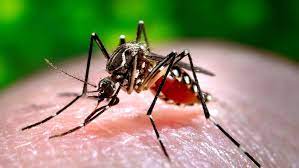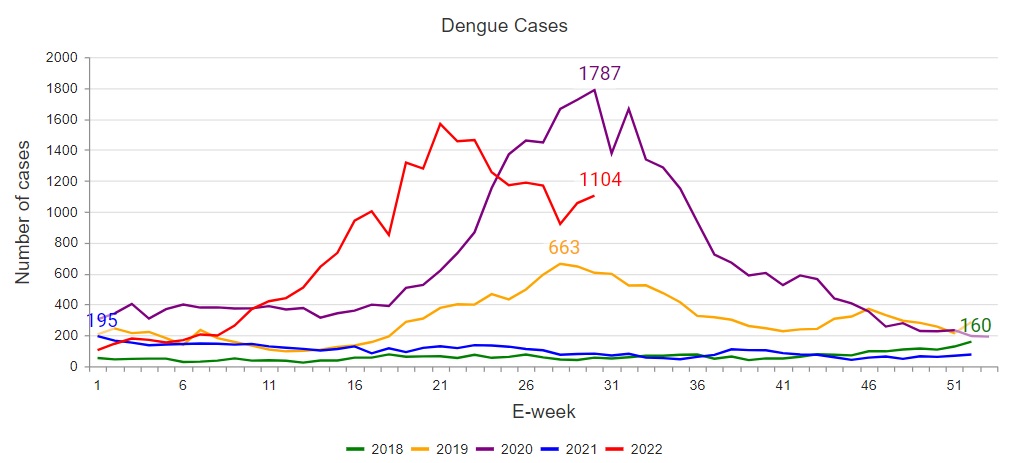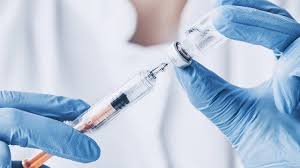Dengue &Vaccine Bill Brieger | 23 Aug 2022 08:58 am
Dengue vaccines in Singapore – a luxury or a necessity?
Edwin Chng has contributed this posting to the Blog site for the JHU site for the course Social and Behavioral Foundations of Primary Health Care.
 Dengue has been endemic in Singapore for many decades, with all four dengue serotypes (DENV-1-4) in active circulation. It presents a significant impact on the economy, with the financial burden of dengue estimated to be US$1.04 billion from 2010 to 2020. (Mosquito Photo credit: http://bitly.ws/twG2)
Dengue has been endemic in Singapore for many decades, with all four dengue serotypes (DENV-1-4) in active circulation. It presents a significant impact on the economy, with the financial burden of dengue estimated to be US$1.04 billion from 2010 to 2020. (Mosquito Photo credit: http://bitly.ws/twG2)
Despite aggressive conventional vector control measures such as fogging and breeding site elimination, Singapore continues to have persistent outbreaks annually. The number of cases in recent years have also surged. From January to July 2022, 9 deaths and 22,468 cases have been reported thus far – the latter number is more than 4 times the number of cases reported in the whole of 2021. Dengue cases is likely to continue to increase, as the traditional peak dengue season in the country is from June to October each year. (Dengue Cases Graph Photo credit: NEA)

Singapore’s dengue crisis can be attributed to climate change and a recent change in the prevailing serotype. In the past, the dominant strains in Singapore were DENV-1 and DENV-2, hence the Singapore population has lower immunity to the other two strains. As a result, a large proportion of the population remains susceptible to DENV-3, which is emerging as the dominant strain in Singapore.
As such, as per the World Health Organization, dengue vaccination remains an integral part of dengue prevention and control strategy. The vaccine has an efficacy of about 80% against the outcomes of infection, hospitalization and severe infection which is potentially lethal. Unfortunately, the Singapore government has decided not to include it in the national immunization program, hence it is not eligible for government subsidy. As a result, the vaccine which costs a hefty USD450 remains inaccessible to the  average Singaporean. (Vaccine Photo credit: http://bitly.ws/twGk).
average Singaporean. (Vaccine Photo credit: http://bitly.ws/twGk).
Various stakeholders including the National Center for Infectious Diseases, primary care physicians and pharmaceutical companies can rally and work together in awareness campaigns and clinical studies. Health economics data from such collaborations can confirm the cost-effectiveness of dengue vaccines and positively influence the government to consider a change in its existing policy to provide subsidies. Increasing its accessibility and affordability to more Singaporeans will definitely contribute significantly to the fight against dengue in Singapore.